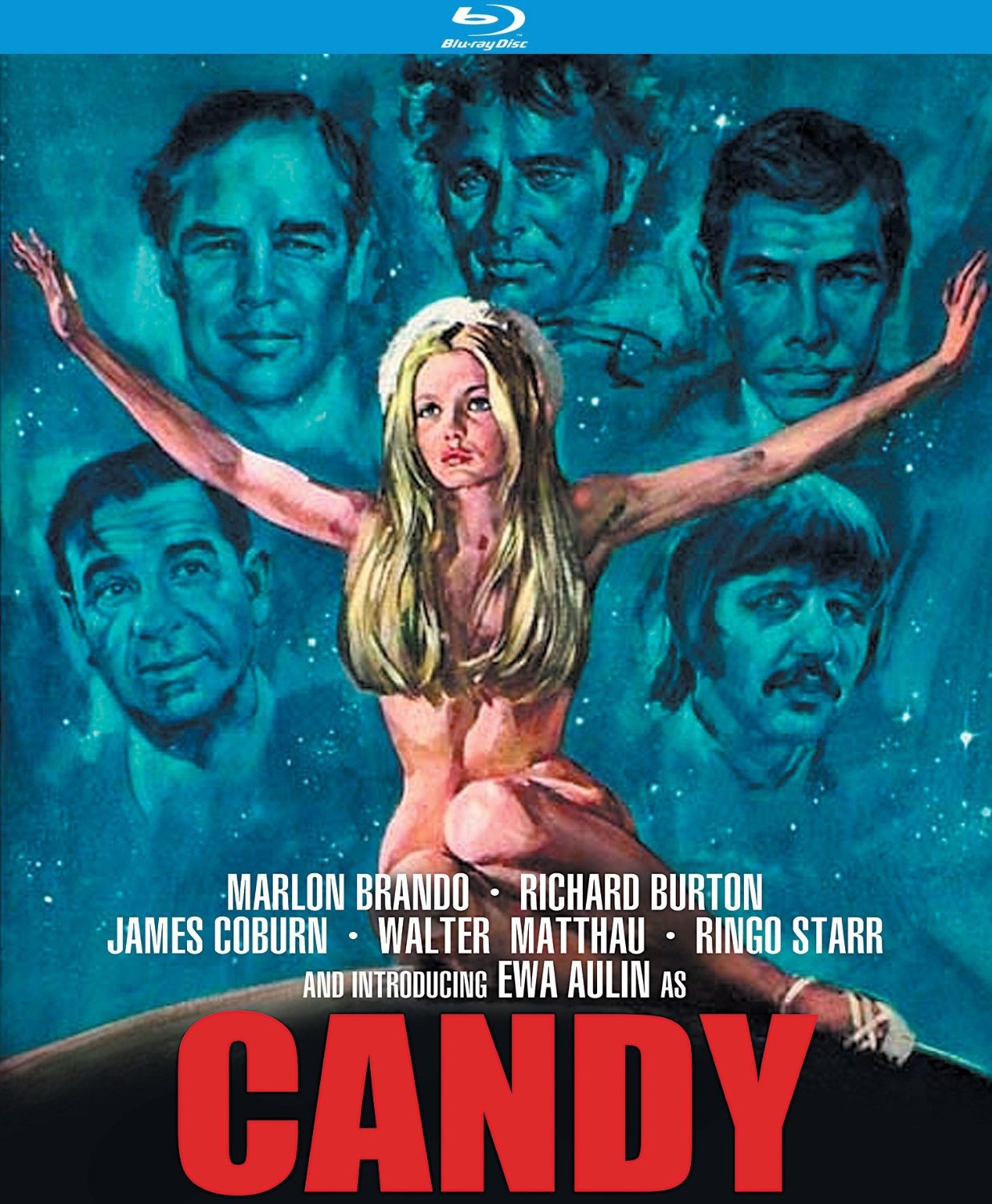Our selections for best and wors)
The Best of Broadway in Cinema
Hair is a brilliant example of a show well served by its film treatment; here are others, in alphabetical order, that also did very well on conversion from stage to screen and became favorites of ours:
Cabaret (1972, dir. Bob Fosse) is the answer to the trivia question, “What movie won the most Academy Awards (eight) without winning Best Picture?”
Chicago (2002, dir. Rob Marshall) At a time when the screen musical was considered dead and buried except for Disney cartoons, along came an adaptation of the 1975 Broadway show, which wowed audiences and became the first musical to win Best Picture in more than 30 years.
Fiddler on the Roof (1971, dir. Norman Jewison) is based on such a great show that all Jewison had to do was not screw it up, and he succeeded, although replacing Zero Mostel in the lead (with Topol) is hard to forgive.
Funny Girl (1968, Dir. William Wyler) was the star-maker for Barbra Streisand, on stage and screen, in this legendary musical based on the life of Fanny Brice.
Gentlemen Prefer Blondes (1953, dir. Howard Hawks) Maybe diamonds are a girl’s best friend, but musicals with Marilyn Monroe and Jane Russell surely are a man’s best friend, right?
Guys and Dolls (1955, dir. Joseph L. Mankiewicz) Many people denigrate this version of the hit show because it was extensively rewritten to give the singing parts to Marlon Brando (who plays a character that doesn’t sing in the show) at the expensive of Frank Sinatra, but while the stage show worked just fine, so does the reimagining and besides – Brando singing and dancing? Yes, please.
Little Shop of Horrors (1986, dir. Frank Oz) Roger Corman’s 1960 low-budget black comedy became a hilarious off-Broadway musical and then hit the big screen and thankfully, the producers had enough sense to keep Ellen Greene from the stage cast: her Audrey couldn’t be replaced. Rick Moranis and Steve Martin joined the cast.
Les Miserables (2012, dir. Tom Hooper) To be honest, we love the novel and dramatic adaptations and stage musical of Victor Hugo’s classic, and we were fairly certain that they were going to screw up a film version of the musical. To our surprise, they gave us a great adaptation. Who knew?
The Music Man (1962, dir. Morton DaCosta) if you want a textbook example of how to turn an enormously popular stage musical into a winning hit film, watch The Music Man. (For how NOT to do it, watch Phantom of the Opera.)
Oliver! (1968, dir. Carol Reed) For some reason, many people toss this in the bin of “bloated 1960s musicals” but we don’t: it’s one of our favorites, and the last musical to win Best Picture for more than 30 years.
Show Boat (1936, dir. James Whale) Magnificent adaptation of our very favorite stage musical, from the novel by Edna Ferber. To avoid: the 1951 MGM remake. Trust us on this one.
West Side Story (1961, dir. Robert Wise and Jerome Robbins) Perhaps technically the best of all stage-to-screen adaptations, opening up the sensational show and actually filming dance numbers on the streets of New York. Tony and Maria never had it so good.
And the Worst (How to Screw up a Show in 5 Easy Lessons)
Cats (2019, dir. Tom Hooper) Mr. Hooper apparently only had one good musical film in him, and it wasn’t Cats. We could argue whether the original show is any good or not, but filming it gave us the latest nominee for Worst Film of All Time. They should’ve done a big-screen adaptation of Zoo Animals on Wheels instead.
A Chorus Line (1985, dir. Richard Attenborough) My least favorite musical adaptation because it’s based on my favorite Broadway show. What a mess! I’m still too disappointed to want to talk much more about this, but I’ll give you a hint: if you’re making a musical, don’t let Michael Douglas within a mile of the set.
Grease (1978, dir. Randal Kleiser) Oh, I know, let’s adapt a hit musical and bring in a leading man who can’t sing and a leading lady who can’t act or dance and fill the key role of the leader of the high school girl gang with a woman who was old enough to have a daughter in high school herself. The result was the most popular musical ever made to that time and an unwatchable mess, the Joanie Loves Chachi of screen musicals, and I know, I know: let the hate mail begin.
Mame (1974, dir. Gene Saks) Somebody should’ve shot this thing and put it out of its misery. Infamous turkey in which, as Gene Siskel put it, they apparently smeared Vaseline® over the camera lens for every close-up of the over-the-hill Lucille Ball. She lived another 15 years and died of heart trouble, not, as rumored, of embarrassment, but this was her last theatrical film.
The Wiz (1978, dir. Sidney Lumet) I got the feeling that, like a team that feels they’ve got a great game plan but then loses the Super Bowl for 35 points, The Wiz: The Movie looked good on paper, with a superb cast of African-American stars and a terrific score and story. The film was produced by Motown, which explains why Diana Ross(!) in her mid-30s plays young Miss Gale from Kansas (well, she IS younger than Stockard Channing, so there’s THAT). I’m surprised Toto wasn’t played by Smokey Robinson.


